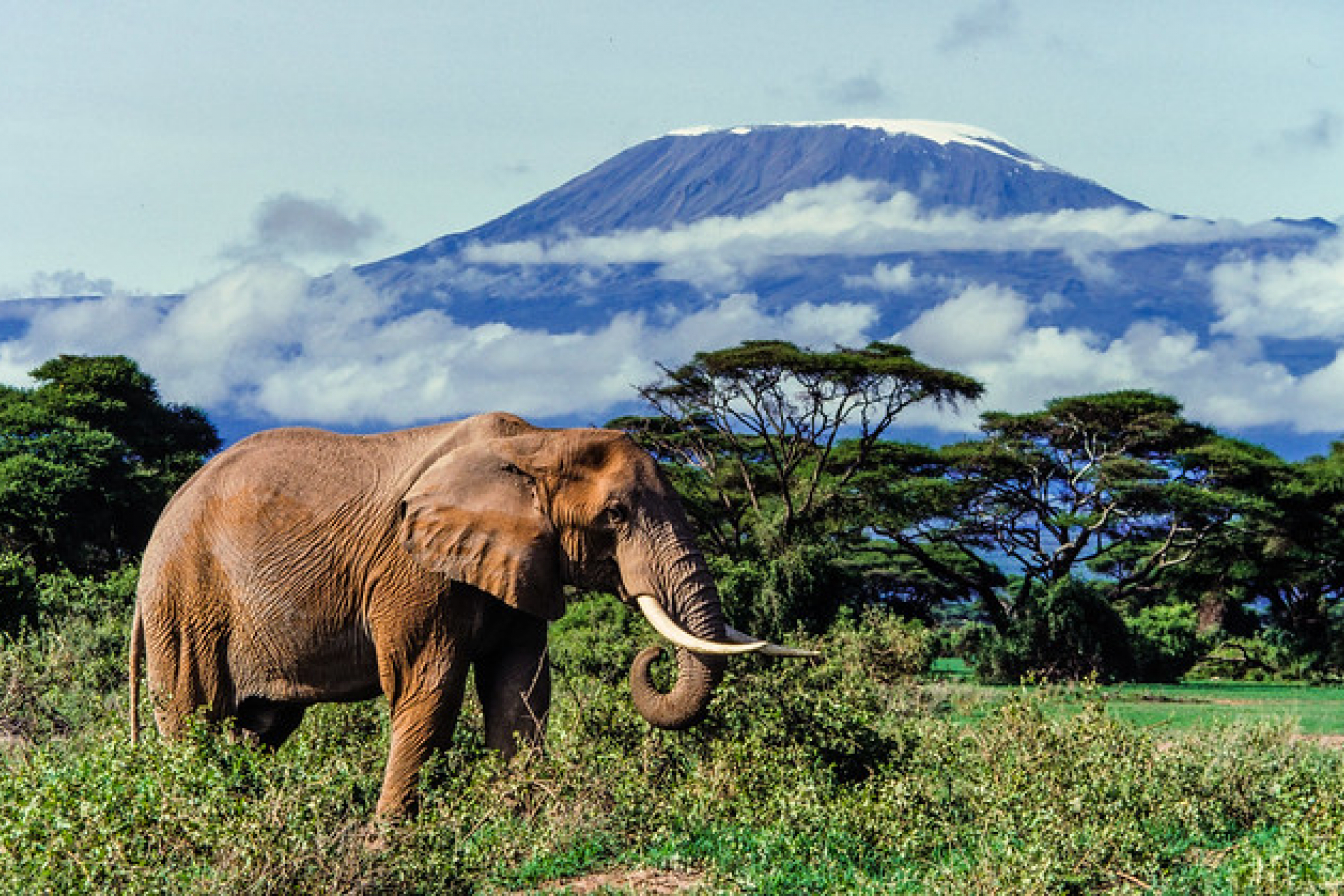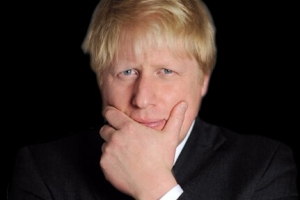Support migrant centric journalism today and donate

Sanwar Ali comment:
African UK visa applicants are more than twice as likely to be refused UK visas than those from any other part of the World. There are allegations of discriminatory practices towards those from Africa. There is also inconsistent decision making. It is a lottery as to whether you will obtain a visa. This is damaging the reputation of the UK and relations with African Countries.
Minister and special adviser to Prime Minister Abiy Ahmed of Ethiopia, Arkebe Oqubay, says that strict UK visa rules are destroying relations with African countries. Mr Oqubay described the current UK visa and immigration system as ‘draconian’, while claiming that an increasing number of African academics, businesspeople and students face visa obstacles.
In a column written for the Financial Times, Mr Oqubay states: “Boris Johnson has declared that his country will have a new kind of immigration policy based on treating people the same wherever they come from, by putting people before passports.”
The special adviser to the Ethiopian prime minster argued that such a declaration is easy to say, but added that from the experience of the African continent, and nations such as India and China, the UK’s complicated and discriminatory visa system represents a huge obstacle for creating a ‘Global Britain.’
UK global talent visa limited in scope
In a bid to attract the world’s most talented workers, Boris Johnson announced that the UK would be introducing a global talent visa, set to launch on 20 February. However, a number of business leaders have expressed concerns about a visa system that only allows the most highly-skilled people entry into the UK, fearing staff shortages in lower skilled jobs.
In addition to the global talent visa, the UK government did announce that the Tier 2 visa salary threshold would be lowered from £30,000 to £25,600. However, a number of industry sectors, most notably social care, say the lower threshold will make very little difference to the struggles that many UK employers face recruiting staff from overseas.
Mr Oqubay said that the UK’s stringent rules were not only limited to work visas or individuals applying for permanent relocation, but UK visit visas too.
The special adviser to the Ethiopian prime minster claims that academics, artists, businesspeople and even politicians have struggled to enter the UK for short periods to attend conferences or academic exchanges.
Establishing links with countries outside Europe
Oqubay believes Britain is doing itself a disservice by destroying opportunities to establish business, diplomatic and trade links with countries outside the European realm.
Highlighting the recent UK-Africa Investment Summit hosted in London in January, Mr Oqubay said: “Africa is now home to eight of the world’s 15 fastest-growing economies, but despite this, anyone wishing to visit Britain from Africa faces a cumbersome and convoluted visa process that many applicants find humiliating and discriminatory.”
Mr Oqubay argues that ‘far too many UK visa applications made by Africans are rejected, which causes a colossal loss of goodwill, not to mention the time and money wasted.’
Virtually all UK visa applications from African nations are processed in Pretoria, taking up to four weeks to complete. UK visit visas are only valid for 30 days in most cases and Africans pay a much higher fee for UK entry compared to British nationals visiting Africa on a visa.
Tackling the issue of UK visa refusals
In his Financial Times column Mr Oqubay writes: “To alleviate the loss of goodwill, the UK can take three practical measures to tackle the issue.
“First, visas should be easily accessible for legitimate African visitors to the UK and the fees should be reduced from current levels. The minimum validity period should be comparable to those of the EU Schengen visa and the US visa, which are each 24 months.
“Second, student visas should be the simplest and most accessible visas of all. Hosting African and other students in Britain is instrumental to the strategy of developing long-term and deeper relationships with the world.”
According to Mr Oqubay, who was educated in the UK, students attending higher education institutions in Britain will become ‘the next generation of business leaders, government officials and community representatives in countries across the world.’
Thirdly, Mr Oqubay said: “The UK should sign bilateral reciprocal agreements with the governments of individual African countries waiving visa requirements for diplomatic passport holders.”
Workpermit.com can help with Tier 2 Visa Sponsor Licence and Tier 2 Visa
If you need help with a Tier 2 visa, or a Tier 2 Sponsor Licence, including help with complying with your Tier 2 Sponsor Licence obligations, workpermit.com can help.
For more information and advice on Tier 2 Sponsor LIcence, UK immigration law and UK visa applications please contact us on 0344 991 9222 or at london@workpermit.com





















